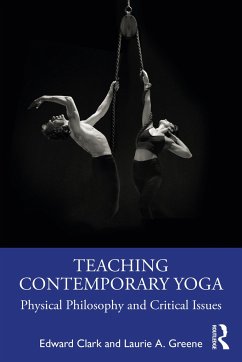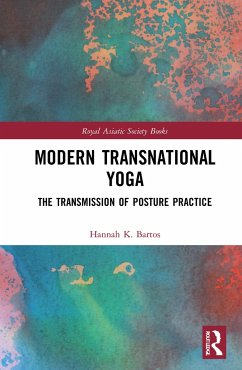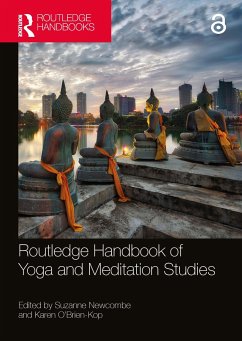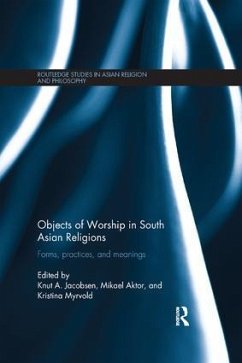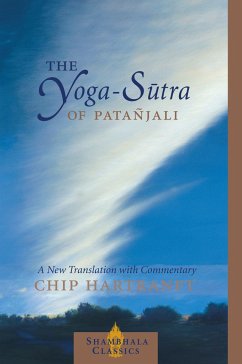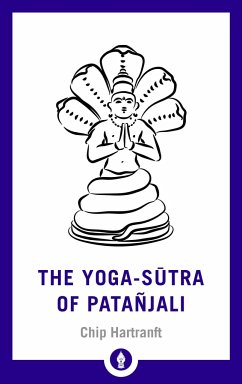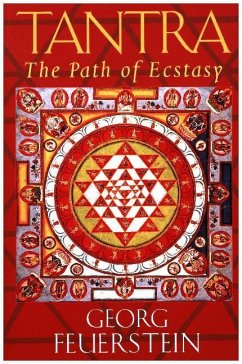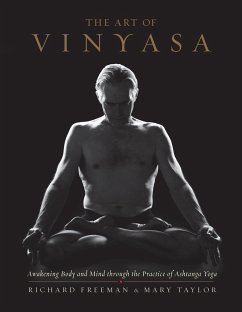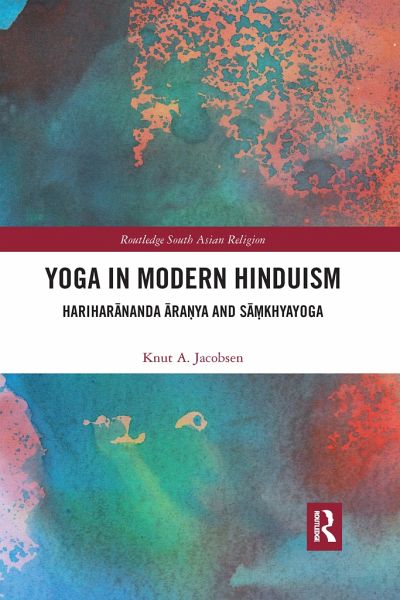
Yoga in Modern Hinduism
Harihar¿nanda ¿ra¿ya and S¿¿khyayoga
Versandkostenfrei!
Versandfertig in 1-2 Wochen
55,99 €
inkl. MwSt.
Weitere Ausgaben:

PAYBACK Punkte
28 °P sammeln!
The book analyses the yoga teaching of Hariharananda Ara?ya (1869-1947) and the Kapil Ma?h tradition, its origin, history and contemporary manifestations, and this traditionâ s connection to the expansion of yoga and the Yogasutra in modern Hinduism.





